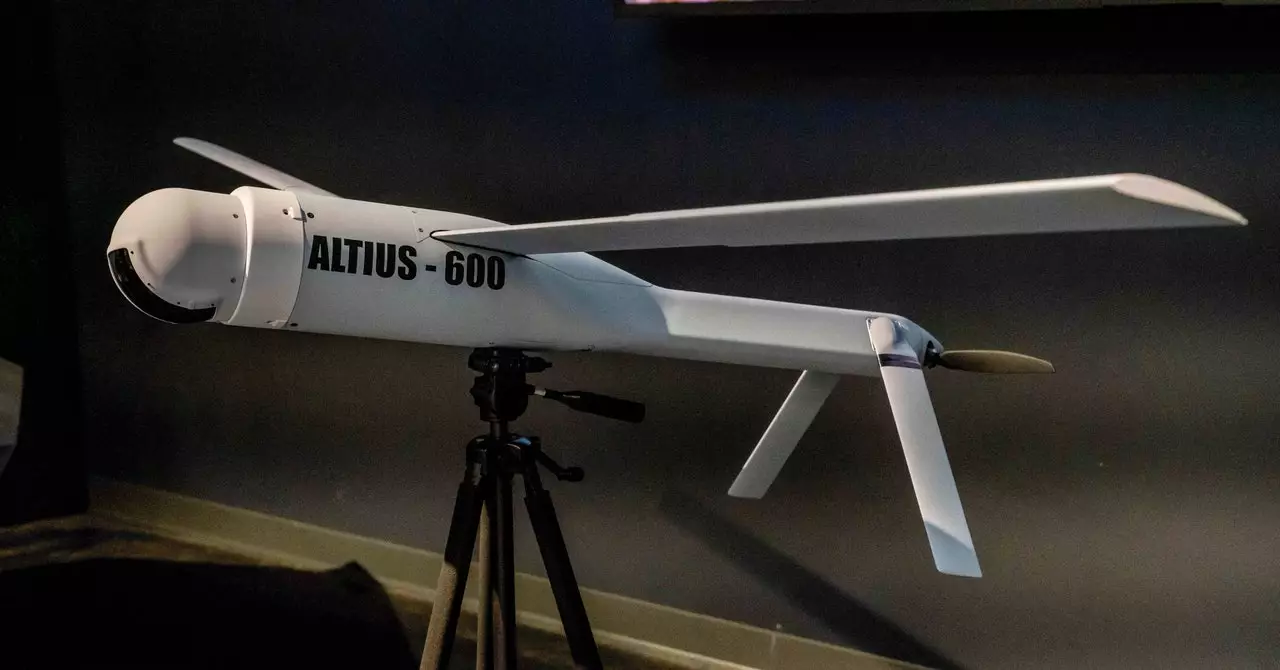The relationship between technology firms and the defense sector has seen a marked transformation in recent years. One of the most notable developments in this trend is OpenAI, a frontrunner in artificial intelligence, announcing its partnership with Anduril, a startup specializing in defense systems and software. As the military increasingly seeks to leverage innovative technologies, prominent tech companies, particularly those based in Silicon Valley, have warmed to collaborations with defense contractors. This shift raises several questions about the ethical implications of such partnerships and the evolving role of AI in military applications.
In a public statement, Sam Altman, OpenAI’s CEO, emphasized the company’s mission to create AI technologies that benefit humanity while aligning with democratic principles. This rhetoric is increasingly vital in light of concerns surrounding the use of AI in defense. The partnership with Anduril is indicative of a broader aim to provide solutions that enhance the effectiveness of military operations without compromising democratic integrity. Altman’s assurance that the collaboration would uphold democratic values attempts to navigate the controversial nature of military applications of AI.
The Role of AI in Modern Warfare
Brian Schimpf, Anduril’s CEO, outlined how OpenAI’s models could enhance air defense systems, suggesting that these technologies could decisively influence military operations in high-stakes scenarios. With the ability to scrutinize drone threats faster and more accurately, AI systems are poised to provide vital situational awareness to military operators. This capability is presented as essential in environments where rapid decision-making is paramount for mission success and personnel safety. Former employees have highlighted the significance of AI in empowering military operators, while also voicing concerns related to the ethical ramifications of such applications.
The partnership marks a significant shift in the landscape of AI activism. Traditionally, many in the AI field espoused a firm stance against involvement with military projects, evidenced by the widespread backlash experienced by Google over its contract with the Pentagon in 2018. The protests against Project Maven reflected a substantial critique of the military-industrial complex and an earnest demand for responsible AI development. However, the landscape has changed; now we see some former critics reconsidering the potential benefits of collaborating with defense entities in light of emerging threats and global challenges.
The Technological Transition from Open Source to Proprietary Solutions
Anduril’s reliance on open-source models for early developmental testing underscores a broader trend within the defense technology industry: the need for proprietary solutions capable of sophisticated responses to modern challenges. The partnership with OpenAI will bring advanced AI capabilities into the fold, enabling the interpretation of natural language commands into actionable insights for both human operators and drones. Although currently not employing wholly autonomous decision-making systems, the transition shows a cautious yet progressive move towards integrating AI into military applications. As technologies evolve, so too will the discussions around their ethical deployment.
Internal Dissonance at OpenAI
While the partnership represents a forward-looking strategy for OpenAI, it is not without internal dissent. Reports suggest that some employees were uncomfortable with the shift in policy regarding military involvement, revealing a complex internal landscape. This discontent, while not leading to open protests, indicates a palpable concern among staff about the ethical dimensions of engaging with defense projects. The balance of innovation and responsibility remains a pertinent topic in corporate culture, especially in a company whose groundwork is built on the benevolent intentions of AI technology.
As OpenAI takes bold steps into the realm of defense partnerships, the implications extend beyond immediate technological advancements. The ethical questions surrounding the use of AI in warfare need careful navigation, considering the polarized perspectives within both the AI community and society at large. The commitment to uphold democratic values while embracing military collaboration reflects an intricate balancing act, vital for ensuring that AI developments serve humanity’s best interests while not succumbing to the potential pitfalls of military misuse. The future will likely continue to challenge the norms established by both tech and defense sectors, urging a reconsideration of what it means to responsibly innovate in a world that increasingly intertwines technology with global security dynamics.


Leave a Reply